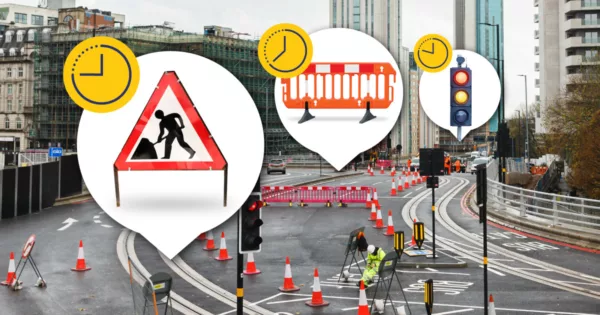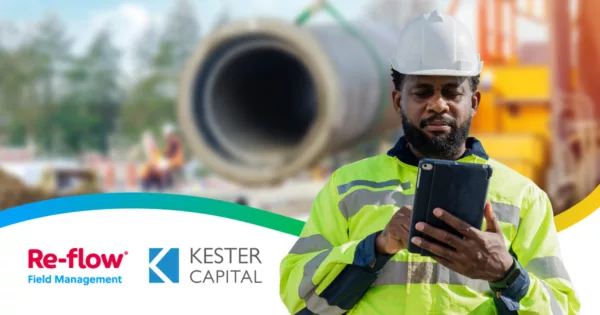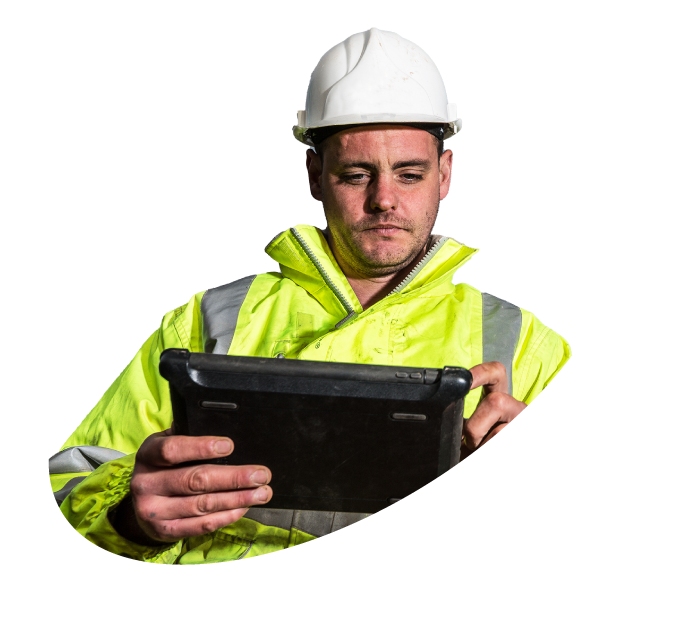
News
The Benefits of AI in Construction: A Vital Cog in the Industry’s Future
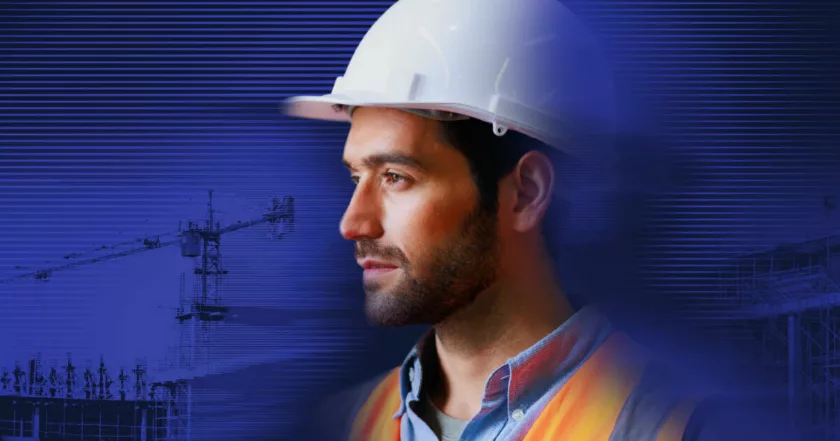
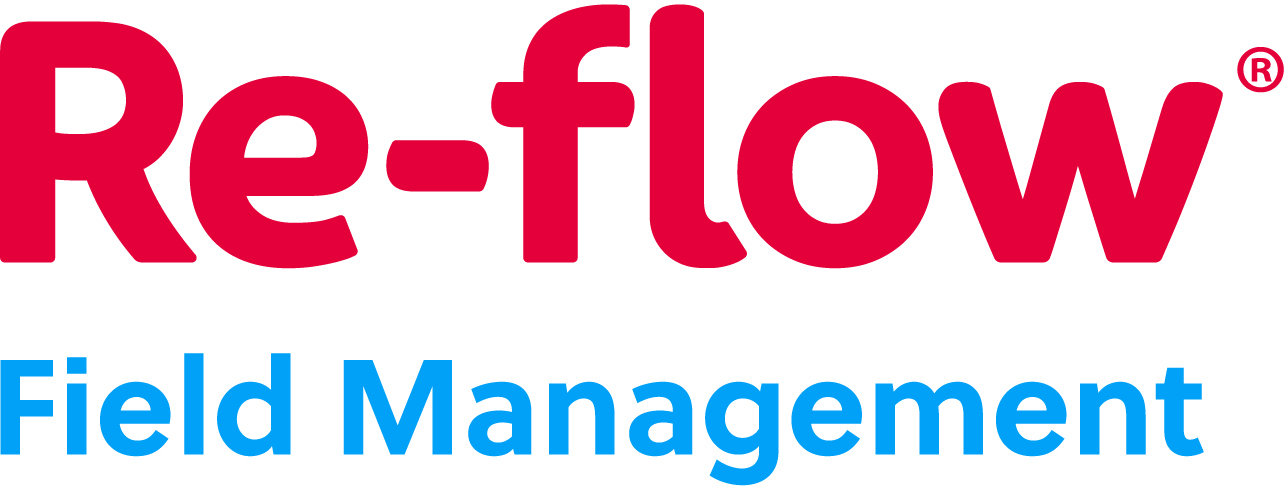
Technology and politics have transformed the construction industry over the last two decades. We’ve had the coming of smart phones and the ability to send photos to and from site, political decisions altering our supply of workers, wars affecting material costs, and plenty of other diversions besides.
Fairly new to the party is AI. And while still in its infancy, AI is poised to bring new efficiencies and innovations to construction. Let’s take a deeper look at where we stand.
The Current State of AI in Construction
Some think the sector needs a bit of a wakeup call. Dr. Claire Morris, BridgeAI Innovation Lead has said that, ‘Construction has been identified by the UK Government as one of the sectors low in terms of AI maturity but high in growth potential.’
Kate Currie, business development executive at the Science and Technology Facilities Council Hartree Centre (a group engaged with developing digital technologies for UK productivity) expanded on this:
‘We’ve seen how AI has revolutionised other industries. I think the key thing here is that construction isn’t left behind. There’s some really exciting applications that can be used, whether in health and safety, improved process management, more-effective resourcing, and planning projects.’
Pros and Cons
The trade show FutureBuild 2024, at the London ExCel, included a talk titled, ‘For Better or for Worse: The Role of AI as an Industry Disruptor’ which aimed to analyse industry discussions around AI.
Here were the five key talking points, as summarised by Mike Moseley, Construction Knowledge Transfer Manager for Innovate UK:
- Sector-focused AI strategy: The country needs a national AI strategy tailored to the construction industry’s unique requirements in order to foster ‘collaboration among construction firms, tech companies, and regulatory bodies to establish industry-wide standards for AI infrastructure.’
- Consent and privacy: Concerns about the privacy risks of AI systems need to be weighed up alongside AI’s efficiency boosts. There’s a huge need to ensure ‘individual privacy and consent, especially in projects involving personal data or sensitive information’ and to establish ‘clear guidelines and frameworks for data protection’.
- Learning from financial institutions: ‘Drawing lessons from the AI adoption journey of banks and financial institutions’ is important. ‘These sectors have already navigated challenges related to data security, privacy, and ethical use of AI’.
- Public sector support: The public sector needs to help steer the ship for the common good and to channel funding via organisations like Innovate UK. ‘Public sector initiatives bridge the gap between technological advancement and practical application. By offering funding, resources, and guidance, these entities facilitate innovation and accelerate AI adoption.’
- Balancing climate goals and regulations: We should explore ways of integrating AI ‘in support of sustainability efforts.’ A balance needs to be struck between ‘regulatory compliance and innovation’. The talk also covered providing incentives for adopting green technologies and AI solutions for energy efficiency.
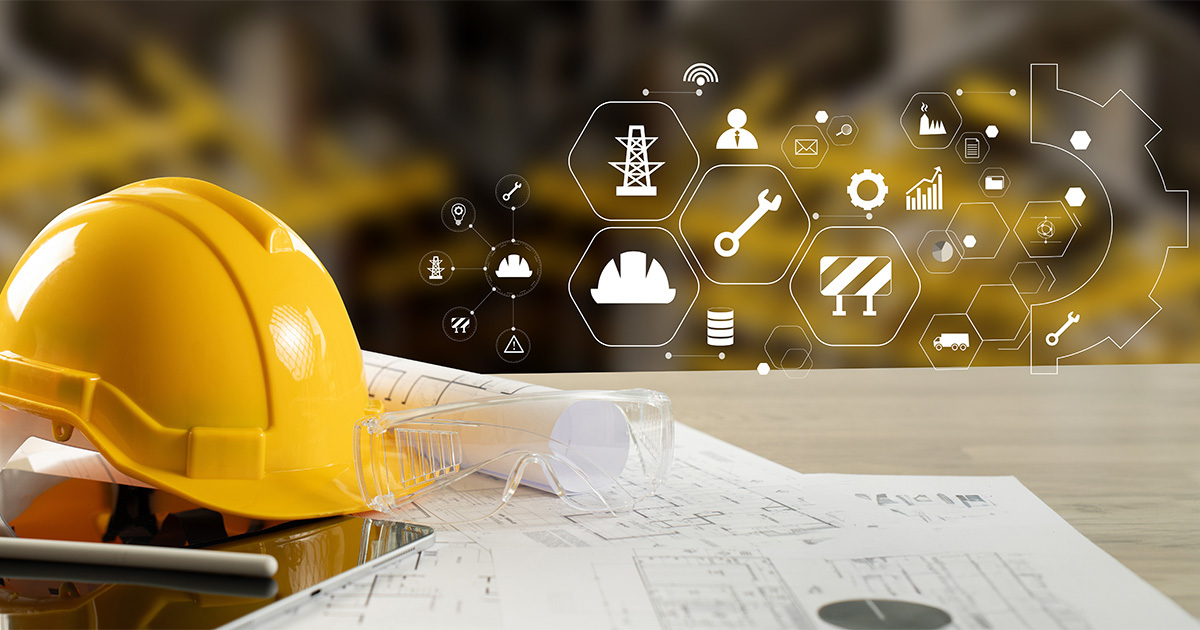
Current Uses of AI in Construction
‘With its ability to analyse vast amounts of data, automate processes, and improve efficiency, AI is revolutionising the planning, management and execution of construction projects’, said an article from Gallagher (business insurance, risk management, and consulting).
Let’s discuss some specific ways AI is being used.
Project management and design
Traditionally, architects and engineers invested considerable time and effort into manually crafting blueprints and designs. However, advanced AI-powered software now generates precise and detailed 3D models, adhering to specific project requirements. This technology expedites the design process, minimises the risk of errors, and enhances the visualisation of the final structure.
Optimising construction schedules and resource allocation
By analysing historical data, weather patterns, and other pertinent factors, AI algorithms anticipate potential delays and recommend alternative strategies to maintain project timelines. This proactive approach helps construction firms save both time and money.
Quality control and safety management
AI-powered drones equipped with cameras and sensors conduct real-time inspections of construction sites, identifying hazards and defects. This technology enhances worker safety and allows for the early detection of issues, reducing the need for costly rework.
Managing and analysing data
Construction projects generate extensive data, from project plans and specifications to sensor data from machinery. AI algorithms can process and analyse this data to discern patterns, trends, and insights, facilitating improved decision-making and process optimisation. AI can analyse equipment performance data to predict maintenance needs, reducing downtime and boosting overall efficiency.
Enhancing communication and collaboration
Virtual assistants and chatbots provide real-time information and address queries, reducing the need for manual communication and improving efficiency. Additionally, AI project management tools automate routine tasks, such as scheduling meetings and reporting, enabling managers to concentrate on strategic activities.
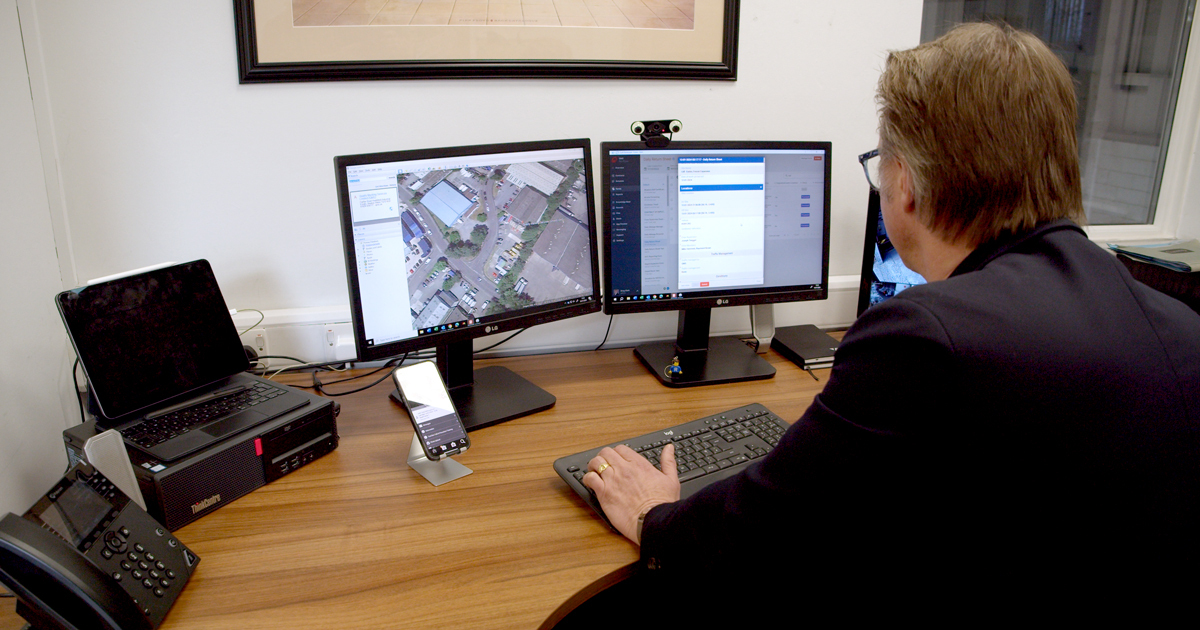
Choose Re-flow as part of a digital transformation
Construction may be one of the least digitised industries, but there are valid reasons why the industry has historically been slow adopting new technologies. ‘The risky and costly nature of most construction processes mean that even the smallest of mistakes can have huge implications,’ said Michael Urie, senior market analyst for GT Market Intelligence. ‘As such, there is often little appetite to move away from the traditional tried and tested ways of doing things, even when innovative technologies have the potential to deliver substantial rewards.’
Re-flow’s field management software lays the foundation for companies to adopt AI. Re-flow streamlines workflows through configurable digital forms, delivers knowledge and data efficiently through AI reporting and the dashboard, and automates repetitive activities to allow workers to focus on their core tasks. The software gathers datasets and structures everything in one place, eliminating data siloing and painting a clear picture of a company’s workflow from tender to billing.
Recently, Re-flow also integrated AI reporting, which transforms field data into graphs and charts. Users can generate customisable AI dashboards that visualise their data, enabling them to draw and share insights with ease.
Such innovations pave the way for a new era in construction, where efficiency, safety, and collaboration are enhanced through digital tools and AI.
Start your digital transformation - get your free trial today.
